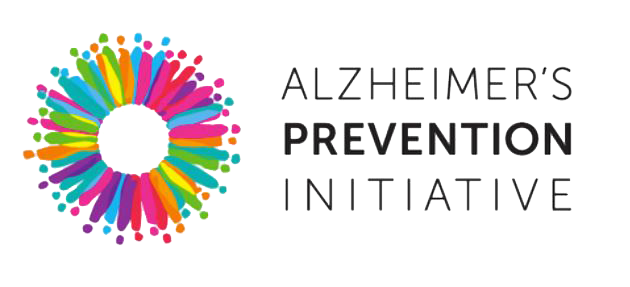A “new era in Alzheimer’s research” kicked off last week with the public unveiling of GeneMatch.
GeneMatch, an extension of Banner Alzheimer’s Institute’s online registry at www.endalznow.org, connects cognitively normal volunteers with research opportunities based on their genotype.
Dr. Eric Reiman, executive director of the Banner Alzheimer’s Institute, said he has long dreamed of a time that genetics could play a larger role in dementia research, “and that time has come.”
Cognitively normal adults ages 55 to 74 who supply GeneMatch with their information will be sent a cheek swab kit for DNA collection. Researchers can then use this information to match participants to nearby sites with open studies. This is more effective than traditional methods, which require study sites to find their own participants.
One Alzheimer’s prevention study seeks to enroll just 1,300 participants, but the inclusion criteria are so stringent that an estimated 80,000 people will need to have their genotype charted to fill enrollment needs. Such studies show the clear need for the GeneMatch online registry.
That study, the API-APOE4 trial, is seeking out the 2 percent of the population who have two copies of the APOE4 gene, which is believed to increase one’s risk of showing symptoms of Alzheimer’s disease later in life. A single copy of the gene still leads to an increased risk when compared to the general public.
Participants enrolled in the trial will be given one of two clinical treatments or a placebo to gauge the drugs’ efficacy at staving off the biomarkers associated with Alzheimer’s disease. API-APOE4 is expected to roll out around March 2016, and the Penn Memory Center will be one of multiple study sites spread across the U.S. and Europe.
“I welcome us all to the era of precision medicine of the brain,” said Dr. Jason Karlawish, co-director of the Penn Memory Center. Karlawish calls this a “new era of medicine” because after a gene or biomarker test shows that a person is at increased risk of developing Alzheimer’s disease, a physician will prescribe a therapy shown to reduce that risk.
API-APOE4 volunteers must have two copies of APOE4 to participate in the study and through their participation they will learn their genetic status. But being added to the GeneMatch registry alone will not disclose this genetic information. People respond in a variety of ways to learning their results, and researchers have established a process that educates potential participants and allows them to meet with a genetic counselor via telephone and online livestream.
“A primary goal is to empower individuals to make informed decision about genetics,” said Beth McCarty Wood, a genetic counselor in Penn’s telegentics programs and, along with Karlawish, a member of study team that designed the process of APOE disclosure.
Concerns about Alzheimer’s disease are common, especially when there is a family history of the disease, she said. “The trial embodies the type of opportunity for these people to take action,” she said.
Action can consist of making behavior changes, added Scott Roberts, associate professor of health behavior and health education at the University of Michigan and a national expert in the study of the impact of APOE disclosure. Roberts was one of the leaders of the Risk Evaluation and Education in Alzheimer’s Disease Study (the REVEAL Study), which assessed the impact of disclosing APOE results to middle-aged adults with a family history of Alzheimer’s disease.
Through the course of the REVEAL Study, 28 people found that they had two copies of the APOE4 gene, Roberts said. Many more found they had a single copy of the gene. Neither group experienced harm from learning their results, but the smaller group reported making changes to their diet and exercise habits.
The REVEAL Study suggests that with proper counseling and education, APOE can be safely disclosed, but learning one has a high risk of developing Alzheimer’s disease dementia is challenging information. Through a research program unrelated to REVEAL, Jamie Tyrone sought out her genetic risk to another disease. She was blindsided when she found out she had a high likelihood of developing Alzheimer’s disease.
“I felt powerless,” she said. “I felt very, very isolated.”
Tyrone was depressed, even considering suicide to avoid what she saw as her fate, before deciding to take a positive approach to handling the news. The registered nurse founded a non-profit, Beating Alzheimer’s By Embracing Science, or BABES, to raise money and awareness about the disease.
“The thing I can say that I’m most proud of…is the fact that I am a research participant,” she said.
